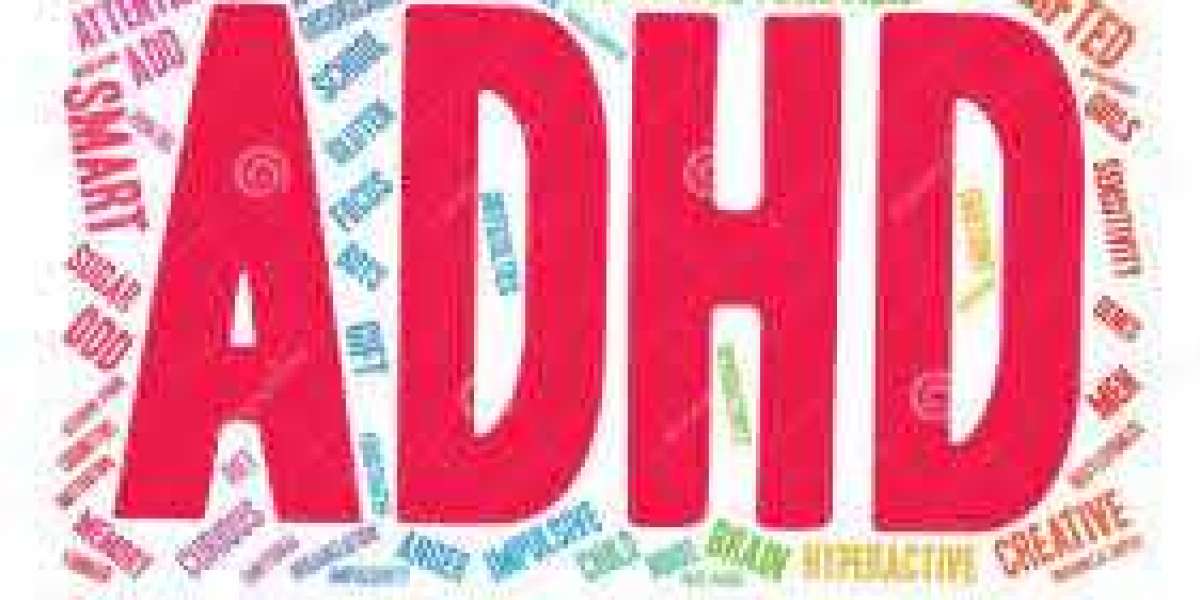Starting off:
Parents of a child with Attention Deficit Hyperactivity Disorder (ADHD) face unique challenges as they deal with their child's symptoms and work to improve their growth and health. Understanding the signs of ADHD, getting the right help and treatment, and using good parenting techniques are all very important for helping kids with ADHD do well. This article gives parents of a child with ADHD a complete guide to raising that child. It talks about symptoms, treatment choices, and useful ways to deal with the problems that come with the disorder.
Understanding the Signs of ADHD in Kids
Inattention, hyperactivity, and impulsivity are some of the signs of ADHD that can show up in different ways in each child. Symptoms of inattention include not being able to concentrate, forgetting things, and being disorganized. Symptoms of hyperactivity include having too much energy, being restless, and having trouble sitting still. People who are impulsive may act without thinking, talk over other people, or have trouble waiting their turn. Parents need to be able to spot these signs in order to understand their child's behavior and get them the help and support they need.
How ADHD Changes the Way Families Work
ADHD can have a big effect on family ties, routines, and the way people go about their daily lives. Taking care of a child's ADHD signs may take more time, energy, and resources, which can put stress and strain on the family. Siblings may feel ignored or angry that all the attention is being focused on the child with ADHD, while parents may feel guilty, angry, or not good enough. To deal with these problems, family members need to be able to talk to each other, support each other, and understand each other. They also need to be able to get tools and services that can help make life easier for everyone in the family who has ADHD.
Different ways to treat kids with ADHD
Kids with ADHD are usually treated with a mix of medicine, therapy, and behavior modifications that are based on each child's specific needs. Medications that raise the amounts of dopamine and norepinephrine in the brain, like methylphenidate and amphetamine, are often given to people with ADHD to help them deal with their symptoms. Kids who don't react to stimulants or would rather not take them may also be given non-stimulant drugs like atomoxetine and guanfacine. Cognitive-behavioral therapy (CBT) and parent training programs are two types of behavioral therapy that can help parents improve their parenting skills and deal with behavior management problems. Having a structured daily routine, clear rules and punishments, and using positive reinforcement can also help kids with ADHD deal with their symptoms and behave better.
Making Your Home a Supportive Place
For kids with ADHD to do well and reach their full potential, their home life needs to be helpful. Setting clear routines and standards, giving consistent structure and supervision, and praising and encouraging good behavior are some ways to do this. Setting up a study space that isn't near any other things can help kids with ADHD focus on their schoolwork and other assignments. Besides that, encouraging healthy habits like regular exercise, enough sleep, and a healthy diet can help with general health and managing symptoms.
Speaking Up for Your Child's Needs
It is very important to speak up for your child's needs so that they get the help and accommodations they need at school and in the community. This could mean telling teachers, school officials, and medical professionals about your child's diagnosis, treatment plan, and any special needs or services they may have. Working with the school to make an Individualized Education Program (IEP) or 504 Plan can help you make sure that your child gets the academic and behavioral help they need in the classroom. Also, looking for tools and support groups for parents of kids with ADHD can help you deal with the difficulties of raising a kid with the disorder by giving you information, advice, and support.
Managing Behavior and Punishments
Parents of kids with ADHD may find it hard to control their kids' behavior and manage them because their kids may act out, be defiant, or have trouble controlling their emotions. Children with ADHD can learn how to behave and control themselves with the help of positive discipline methods like praise, clear rules, and consistent penalties. Children can understand what is expected of them and make good decisions if they are praised and rewarded for good behavior, given clear instructions and reminders, and told what will happen if they behave badly. When dealing with behavior problems, parents need to stay calm, patient, and understanding. If they need to, they can get help from mental health workers or parent training programs.
Helping Your Child Feel Better Emotionally
Helping your child's mental health is important if you want to help them deal with the challenges of ADHD and build resilience and self-confidence. Helping kids with ADHD feel understood and accepted can be done by encouraging open conversation, confirming their feelings, and giving them emotional support. Learning coping skills like problem-solving, deep breathing, and being mindful can help kids deal with stress, feelings, and problems in a healthy way. Your child's self-esteem and drive to succeed can also be boosted by helping them have a positive view of themselves and celebrating their strengths and successes.
In conclusion:
Parents of a child with ADHD need to be patient, understanding, and supportive. They also need to be able to get tools and services that can help them meet their child's specific needs. Parents can help their child thrive and succeed despite the challenges of ADHD by understanding the symptoms, getting the right treatment and support, making the home environment supportive, speaking up for their child's needs, managing behavior and discipline well, and caring for their child's emotional health. Parents can give their ADHD child the tools they need to reach their full potential and live a happy, full life with love, patience, and persistence.







